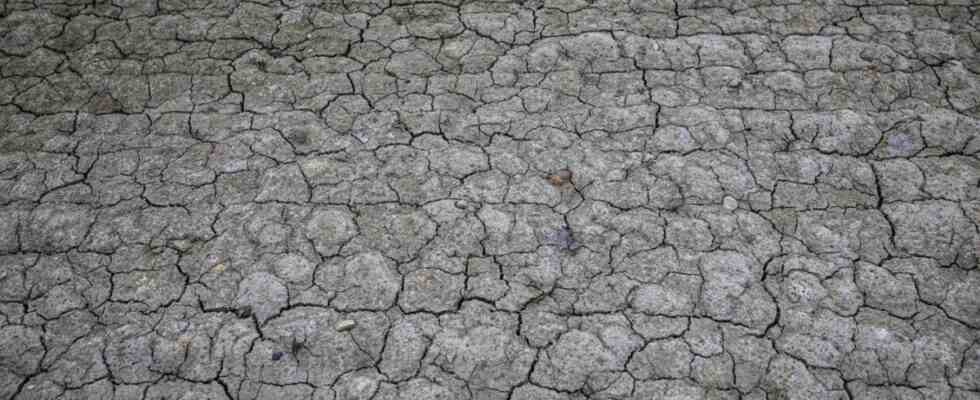It’s really bitter. This week, the EU Commission finally wanted to present its draft law aimed at renaturing areas that have been deforested, concreted over, drained or otherwise destroyed. It would have been an important step in tackling both climate change and species extinction. But the date was postponed – indefinitely.
The idea behind this is probably to secure as much land as possible for the production of food because of the war in Ukraine. At first glance, that sounds reasonable and like the right setting of priorities. Still, it’s wrong and short-sighted.
As a reaction to the Ukraine war, Europe should really be interested in securing food production in the long term. And that is only possible if nature is intact and not exhausted and is fighting for survival at the edge of its capacity limits.
Unfortunately, many still don’t understand that ecology is not a luxury that you can afford in good times and that is the first to be questioned in bad times and falls down at the back. Functioning ecosystems are essential in order to have fertile soil in the long term and to be able to produce food.
Eating less meat and not wasting food would be much more effective
In addition, the additional income that could be achieved by stopping the renaturation law is minimal from a global perspective. There would be much more effective means of ensuring food safety even in times of crisis. First, eat less meat. Most of the wheat, corn and soy grown in the EU ends up in the stomachs of pigs and cattle. If the livestock were reduced, many more people could be fed with the same arable land. Second, throw away less food. A significant proportion of the harvests do not even make it to the shops because they are sorted out beforehand – mostly because the appearance of the products does not meet the high expectations of the buyers. In addition, consumers throw away around 30 percent of the food they buy. Thirdly: do not waste huge areas of arable land for generating electricity with biogas. Instead of life-threatening maize monocultures, staple foods could then be grown there.
Species extinction and climate change are also affecting agriculture. Postponing legislation that would help resolve these crises is counterproductive. Food is not secured in this way, but endangered.

